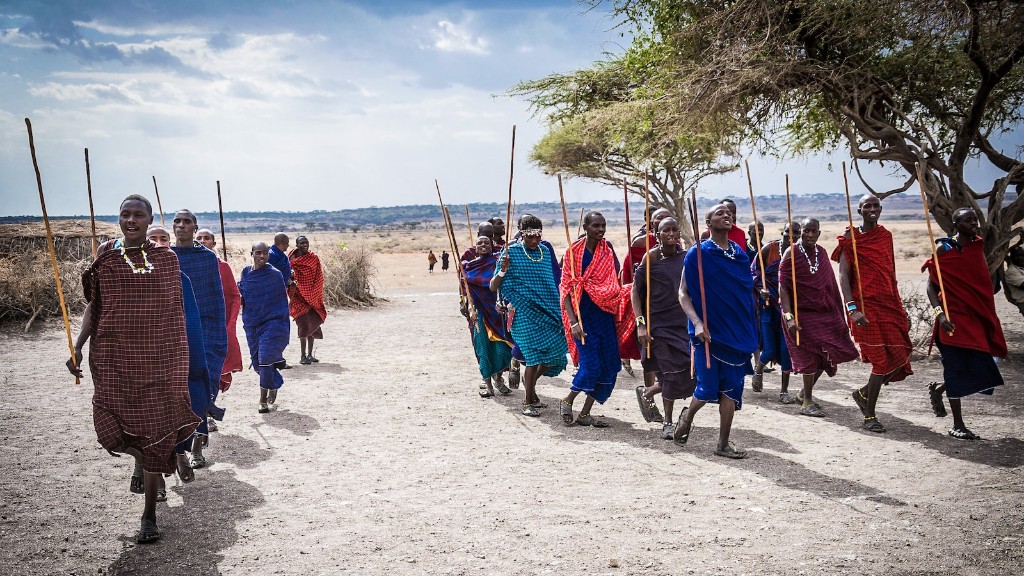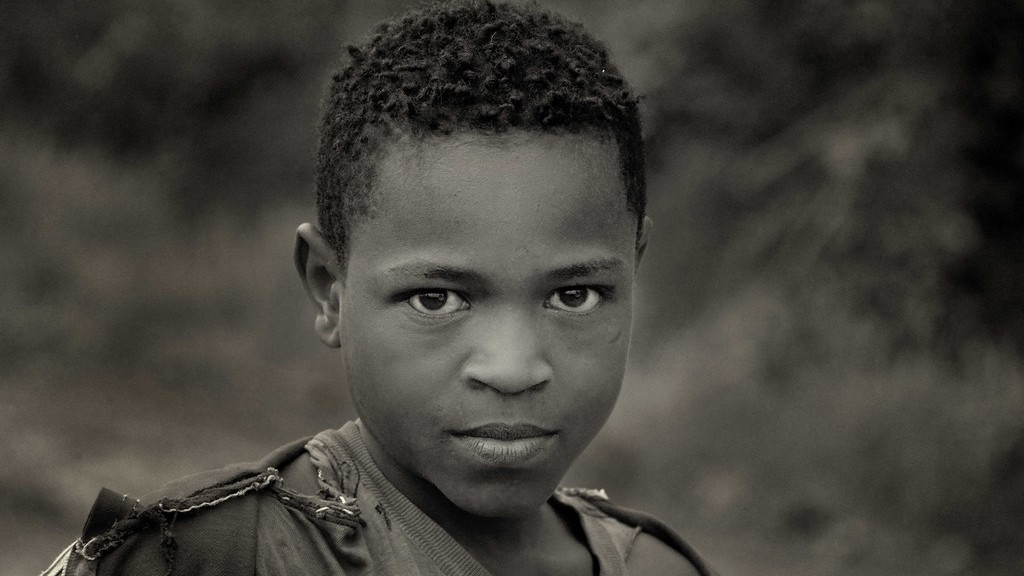African Proverbs and Their Tribes
Africa is a continent rich in cultural diversity, with each tribe and community having its own unique customs and traditions. One fascinating aspect of African culture is the use of proverbs. Proverbs are short, wise sayings that are handed down from generation to generation. They often contain important life lessons and are used to convey deeper meanings within the community.
Proverbs play a significant role in African societies, helping to preserve the wisdom and values of the tribes. They are not only used in everyday conversations but also play a crucial part in ceremonies, storytelling, and teaching. They reflect the history, experiences, and philosophy of different tribes, offering insights into their way of life.
Each tribe in Africa has its unique set of proverbs, deeply rooted in their cultural beliefs and practices. For instance, the Akan tribe in Ghana is known for its wise sayings about unity and community. One of their proverbs states, “A tree does not make a forest.” This proverb emphasizes the importance of togetherness and the idea that individuals working together can achieve much more than acting alone.
In contrast, the Maasai tribe in Kenya and Tanzania often uses proverbs that are centered around resilience and bravery. One of their well-known proverbs is, “A brave man dies only once.” This proverb encourages individuals to face challenges head-on and not shy away from danger, highlighting the tribe’s warrior culture.
The Zulu tribe in South Africa has a unique collection of proverbs that focus on community values and respect. A popular Zulu proverb states, “A person becomes a person through other people.” This proverb emphasizes the interconnectedness of individuals and the importance of communal support in personal growth and development.
Experts believe that African proverbs are not just wise sayings, but also serve as a form of emotional intelligence. They touch upon various aspects of life, including relationships, family, education, and spirituality. By incorporating proverbs into their daily conversations, Africans are able to navigate through life’s challenges with a deeper understanding and appreciation for their traditions.
Furthermore, African proverbs often convey a sense of optimism and hope. They inspire individuals to persevere, even in the face of adversity. These proverbs are not only applicable to the tribes they originate from but can resonate with people from different cultures and backgrounds around the world.
The Influence of African Proverbs on African Literature
African proverbs have had a significant impact on African literature, both ancient and contemporary. Many African writers incorporate proverbs into their works to convey cultural values and provide a deeper understanding of the characters and their motivations.
Ngugi wa Thiong’o, a prominent Kenyan writer, included numerous proverbs in his novels such as “A Grain of Wheat” and “Weep Not, Child.” These proverbs not only add authenticity to the narratives but also highlight the struggles and resilience of African communities during colonial times.
The use of proverbs in African literature is not limited to novels alone. It extends to poetry, plays, and even contemporary African-American literature. African proverbs serve as a bridge between generations, connecting the past to the present and ensuring that African culture and wisdom continue to thrive.
Interpreting African Proverbs
Interpreting African proverbs requires an understanding of the cultural context in which they were created. Proverbs are often deeply embedded in the traditions and beliefs of the tribe that originated them.
Dr. Kofi Agyekum, a cultural anthropologist, explains, “To fully grasp the meaning of an African proverb, one must familiarize themselves with the values and practices of the respective tribe. Only then can they appreciate the richness and depth of the proverb’s message.”
Individuals studying African proverbs should also consider the linguistic aspects. Many proverbs are constructed using figurative language, metaphors, and symbolism. This use of language adds depth and nuance to the proverbs, requiring a thoughtful analysis to fully comprehend their intended meaning.
Moreover, the interpretations of African proverbs can vary depending on the individual’s perspective and experiences. The same proverb can have different implications for someone living in a rural village compared to someone residing in a bustling city.
African Proverbs as a Reflection of Environmental Wisdom
African proverbs often convey a deep understanding and respect for the environment. Many proverbs emphasize the importance of sustainable practices and the interdependence between humans and nature.
One such proverb from the Yoruba tribe in Nigeria states, “The one who learns how to plant does not destroy his farm with hoe.” This proverb highlights the significance of responsible farming practices and the need to preserve the land for future generations.
These proverbs continue to be relevant today as Africa faces various environmental challenges, such as deforestation and climate change. They serve as a reminder of the ancestral wisdom that can guide communities towards a more sustainable future.
Incorporating African Proverbs into Daily Life
African proverbs are not only valuable for academic studies and literary analysis but can also be applied to our daily lives. Their universal wisdom has the power to inspire and guide individuals from all walks of life.
By reflecting on African proverbs, we can gain a deeper understanding of the world around us and develop a greater appreciation for different cultures and traditions. These proverbs remind us of the importance of community, resilience, and respect for the environment.
As we navigate through life’s challenges, we can draw strength from the wealth of wisdom found in African proverbs. They provide valuable insights that can help us make better decisions, foster stronger relationships, and contribute to the well-being of our communities.





